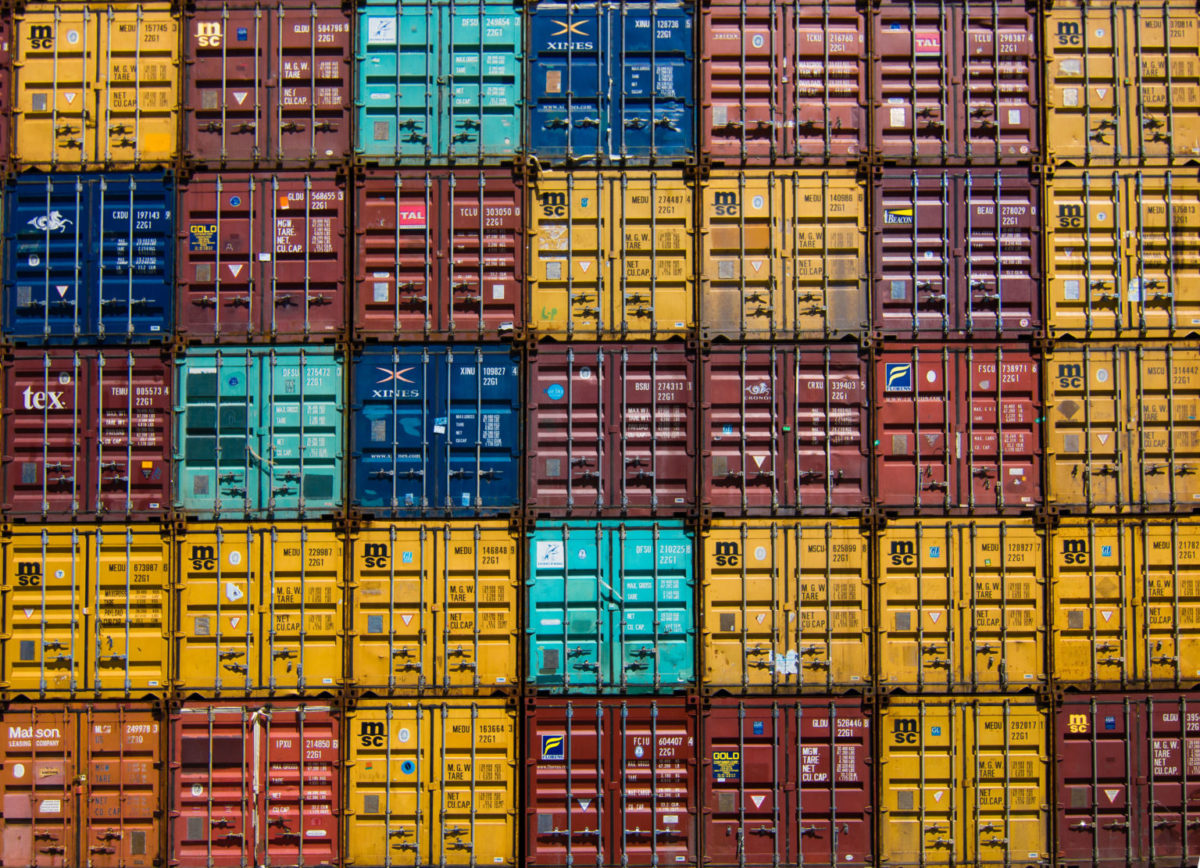From pv magazine USA
More than 1,000 shipments of solar components have been blocked at US ports since June under a new law that bans exports from China's Xinjiang region due to concerns about forced labor, according to a recent report by Reuters.
China's Xinjiang region, which is home to roughly 50% of the global supply of polysilicon, has fallen under scrutiny for its human rights abuses and the forced labor of Uyghurs and other ethnic minorities in China. Beijing has repeatedly denied allegations of forced labor.
The Uyghur Forced Labor Prevention Act (UFLPA) places a “rebuttable presumption” that goods from the region are made with forced labor, and it places the burden of proof on buyers to show that the imported goods have no connection to forced labor whatsoever. To be in compliance with UFLPA, companies must provide comprehensive supply chain maps, complete lists of all workers, and proof that workers were not subjected to forced labor practices. Corporations such as Coca-Cola and Nike lobbied against the UFLPA, as their supply chains are deeply woven into China’s economy.
Reuters reported that US Customs and Border Protection seized 1,053 shipments of solar energy equipment between June 21 and Oct. 25. Customs said none of the shipments have been released yet. It quoted sources as saying that the shipments include about 1 GW of solar panels and polysilicon cells. They were primarily made by Trina Solar, JinkoSolar, and Longi, which together account for about one-third of US panel supplies, according to Reuters.
In August, ROTH Capital Partners said that more than 3 GW of components had been held up by US customs. It estimated that 9 GW to 12 GW of solar modules could be prevented from entering US markets by the end of the year.
In a press briefing, Chinese foreign ministry spokesperson Zhao Lijan said that the forced labor allegations are “the lie of the century fabricated by a small group” people who are opposed to China.
“The US side should immediately stop the unreasonable suppression of China’s photovoltaic enterprises and release the seized solar panel components as fast as possible,” said Zhao.
Module supply challenges have been an ongoing issue in the United States, exacerbated by pandemic-related shutdowns, higher shipping costs, semiconductor supply chain challenges, the enforcement of the UFLPA, and other trade and labor laws.
The US Energy Information Administration (EIA) said solar developers across the United States planned to install 17.8 GW of capacity this year. However, through six months, only 4.2 GW had been brought online. From January through June 2022, about 20% of planned PV capacity was delayed, according to the EIA. Reports show solar installations were delayed by an average of 4.4 GW each month, compared with average monthly delays of 2.6 GW during the same period last year.
At the RE+ conference in Anaheim in September, Trina Solar spokespeople told pv magazine they were confident about the high degree of traceability of the company's products and supporting supply chains.
“We realized supply chain can not be centralized in one place and customers also want independence. Our mid-term strategy is to have a clear fragmentation of products and markets, as well as geographically diversify our supply chain,” said Helena Li, president of global cell and module business at Trina Solar. “Different markets require different supply chains.”
In an email, JinkoSolar said that it is working with Customs Border Patrol on documentation proving its supplies are not linked to forced labor and is “confident the shipments will be admitted.”
US Secretary of Labor Marty Walsh said that the “world and the American people cannot abide the presence of goods made under the exploitative conditions experienced by Uyghur and other ethnic minority groups in its global supply chains.”
This content is protected by copyright and may not be reused. If you want to cooperate with us and would like to reuse some of our content, please contact: editors@pv-magazine.com.




I think the “guilty until proven innocent” law should be changed to where the complainant (US) must prove that the goods are made by forced labor. The last thing the US and the world needs is a speed bump to slow down the deployment of solar. The Chinese will just pull a shenanigan like they’ve done by setting up front companies in foreign countries such as Vietnam to get around our laws. I don’t want Chinese (or any) goods made by forced labor. But the Earth is having a climate disaster and delaying the deployment of solar is further harming people all over the world.